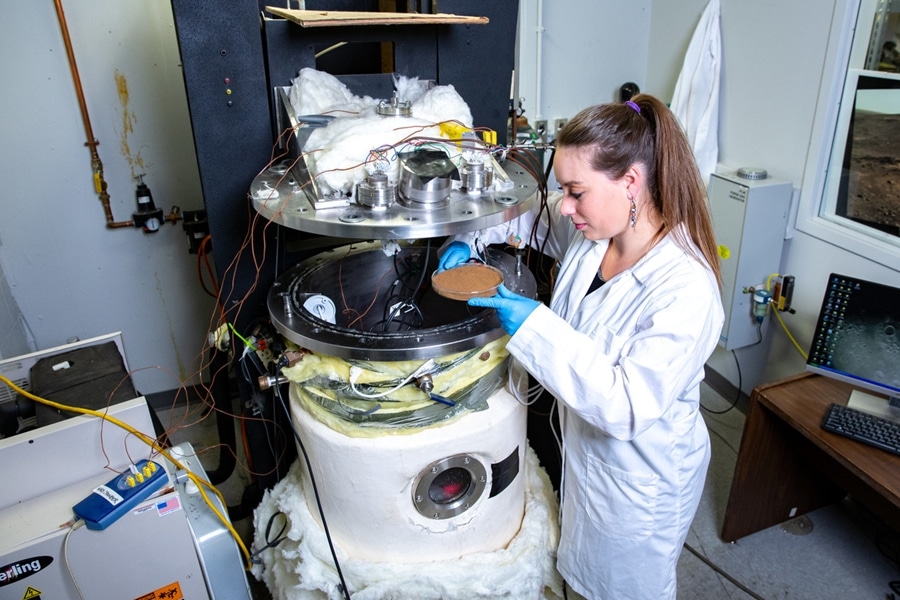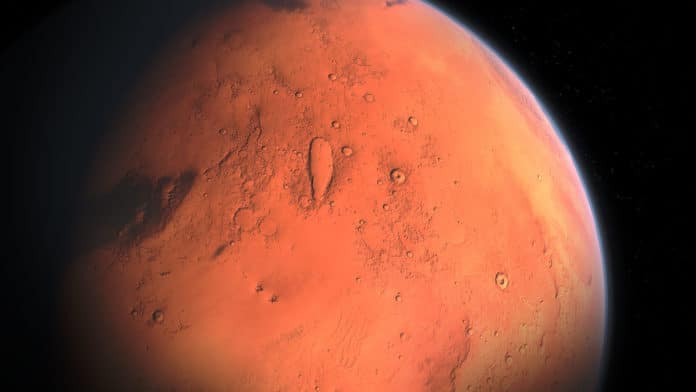There is good evidence in the form of observable river deltas, and more recent measurements made on Mars’ surface suggests that liquid water did flow on Mars billions of years ago.
Mars likely has less water in the form of brines- water-salt mixtures that are more resistant to boiling, freezing, and evaporation.
Scientists from the Arkansas Center for Space and Planetary Sciences suggest that Mars has even less liquid water than previously thought. Scientists conclude by studying combined data on brine evaporation rates with a global weather circulation model of the planet.
The combined data allowed them to create planetwide maps of where brines are most likely to be found.
All significant phase changes of liquids-freezing, boiling, and evaporation- were taken into account to look at all the properties simultaneously, instead of one at a time. They then built a maps taking into account all those processes simultaneously.

Vincent Chevrier, associate professor and first author of a study published in the Planetary Science Journal, said, “Doing so indicates that previous studies may have overestimated how long brines remain on the surface in the cold, thin and arid Martian atmosphere. The most important conclusion is that if you do not take all these processes together, you always overestimate brines’ stability. That is the reality of the situation.”
“Favorable conditions for stable brines on the planet’s surface are most likely to be present in mid-to high-northern latitudes, and large impact craters in the southern hemisphere. In the shallow subsurface, brines might be present near the equator.”
“In the best-case scenario, brines could be present for up to 12 hours per day. Nowhere is any brine stable for an entire day on Mars.”
Journal Reference:
- Vincent F. Chevrier et al. Global Temporal and Geographic Stability of Brines on Present-day Mars, The Planetary Science Journal (2020). DOI: 10.3847/PSJ/abbc14
